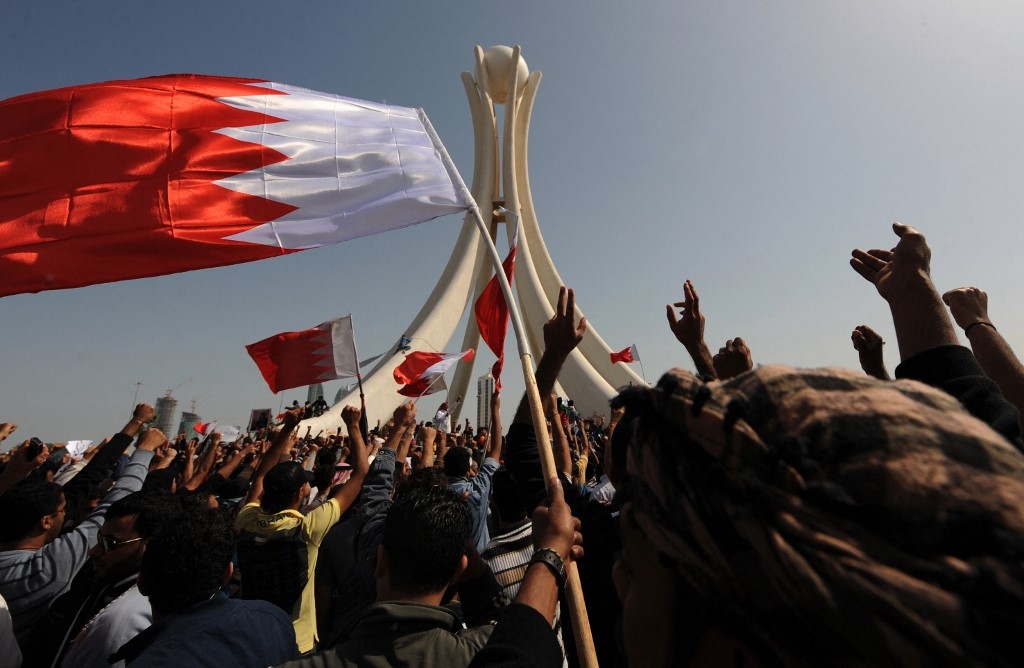High court rules UK-based Bahrain activists' case against kingdom can proceed

Two UK-based activists who allege that Bahrain installed spyware on their computers can proceed with their lawsuit against the kingdom, the High Court ruled on Wednesday, their lawyers and one of the claimants has said.
Saeed Shehabi, a leading figure in Bahrain’s opposition movement, and Moosa Mohammed, pro-democracy activist and photojournalist, allege that their computers were infected with surveillance software called FinSpy in September 2011.
Seven months after anti-government protests started in the island nation, the men were using the computers to communicate with other activists, journalists, political prisoners, torture victims and their families.
In court proceedings a year ago, lawyers for the Bahraini government argued that the kingdom had state immunity and the case, therefore, should be thrown out.
But on Wednesday, Judge Julian Knowles ruled that the High Court has jurisdiction to hear the claim.
Stay informed with MEE's newsletters
Sign up to get the latest alerts, insights and analysis, starting with Turkey Unpacked
Mohammed called the judgement "a huge victory", particularly since, he said, he and his family continue to face persecution in Bahrain.
Last month, a Bahrain court sentenced his brother, Hasan Abdali Mohammed, to seven years in a case of alleged terrorism which Mohammed and rights groups say was brought in reprisal for the photojournalist's activism.
"This decision demonstrates that we can prevail in our fight for justice and that our voices will not be muzzled by the Bahraini regime’s reprisals or intimidation," Mohammed said.
Shehabi also welcomed the ruling, saying it was a recognition of "the psychological torture that authoritarian regimes exercise transnationally", and called for clearer consensus over the criminality of these acts in international law.
Middle East Eye has sought comments from the Bahraini Embassy in London and the lawyers representing the kingdom.
Ida Aduwa, solicitor at the London-based Leigh Day which is representing Shehabi and Mohammed, said she was pleased that the case will now move forward to trial.
"This judgement comes as a huge relief to our clients who are determined to hold the Kingdom of Bahrain to account for what they believe was a gross invasion of their privacy which caused personal harm and put their friends and family at risk," she said.
Sayed Ahmed Alwadaei, director of the UK-based Bahrain Institute for Rights and Democracy (BIRD), said the ruling ensures that Bahrain will face accountability and that the activists have an opportunity to seek justice, but questioned whether the UK government could do more.
"While the UK court has delivered a damning ruling overturning Bahrain’s immunity, it is the UK government that is failing to send a signal to the Al-Khalifa regime that they cannot continue to pursue and intimidate dissidents on British soil with impunity.”
The decision comes six months after the same judge ruled that a Saudi Arabia dissident could proceed with his spyware claim against that kingdom also being heard in the High Court.
Ghanem al-Masarir alleges that the kingdom installed Pegasus spyware on his phones and ordered an assault on him in Knightsbridge in August 2018.
Legal experts said the ruling in Masarir's case would likely set precedent for similar cases of alleged state-sponsored surveillance, with former UN special rapporteur David Kaye describing it as "a blow against states seeking judicial protection against victims of their transnational repression".
No dates have been set for the next court proceedings in either case.
Middle East Eye delivers independent and unrivalled coverage and analysis of the Middle East, North Africa and beyond. To learn more about republishing this content and the associated fees, please fill out this form. More about MEE can be found here.




